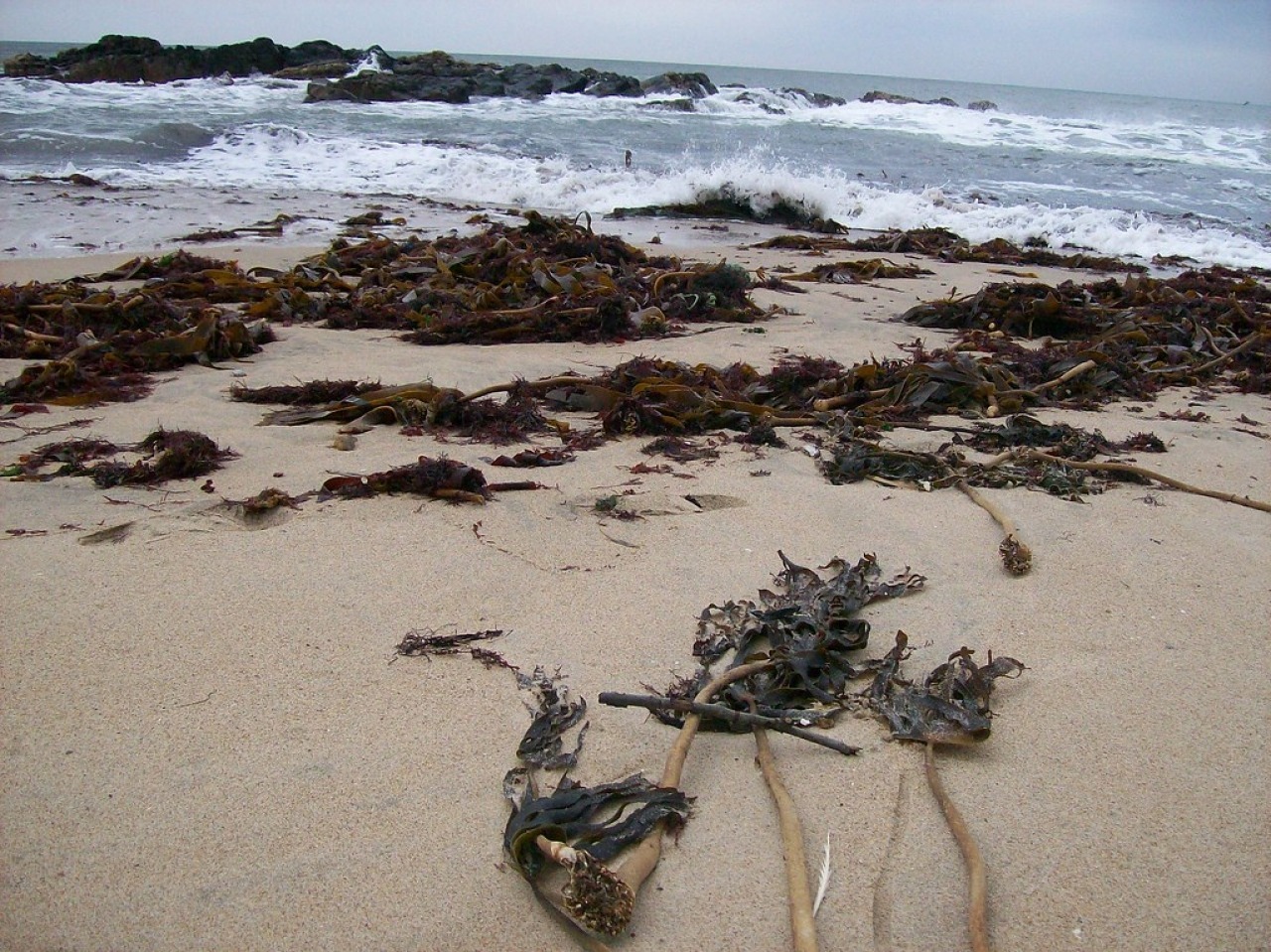Not assigned yet
No results found.
Along coastline there is a subside of macrophytes from high productive rocky shores to low-productive sandy beaches. These amounts of detritus of detached macrophytes are commonly named as “wrack”. Wrack plays a central role providing nutrients to primary producers and food for decomposers. One of the objectives of this proposal is to explore the ecological drivers that control the amount of wrack that arrives to Portuguese sandy beaches. We will explore for the first time, the role of the macroalgae assemblages on rocky shores in shaping the abundance and structure of wrack. To achieve these objectives we will use well know field and laboratory methodologies. However, these methodologies will be use to study an unexplored issue (i.e. relationship between wrack and rocky shore assemblages) that may play a key role to understand wrack composition and dynamics. Another unexplored issue that this proposal will study is how global warming will modify the abundance and composition of wrack. We will integrate methods based on the study of long term observations about the composition of macroalgae assemblages and methods based on the physiological response of key species to global change to predict changes in the abundance and composition of rocky shore assemblages. Finally, we will explore a new use for wrack valorisation, which will reduce the amount of wrack that is eliminated as residues and will provide a potential source of food for sea urchin cultivation. Moreover, both for new and traditional uses of wrack we will explore possible changes on its value in a global warming scenario. This is a critical point to develop the new uses of wrack if its value will increase or remain similar in the future or look for alternative sources of fertiliser and food if its value will decrease in a future global change scenario. The results of this proposal will significantly improve our understanding about organic matter cycles in coastal systems. Moreover, we will propose new use to recycle wrack reducing the amount of residues collected on beaches and providing a cheap source of food for aquaculture.
We will include a divulgation plan that will make results of this proposal available to scientists and to a wider audience as well, with special efforts to move them to the new generations and professionals related to the sea, stakeholders, managers and decision makers.


Website by: Glitz Design